As someone who was coming of age when Tonya Harding became the go-to punchline for late-night talk show hosts and the de facto lead for every tabloid in the country, I can say with some certainty that I have never cared about figure skating, and the scandal leading up to the 1994 Winter Olympics did absolutely nothing to change that fact. What’s perhaps most noteworthy about Craig Gillespie’s I, Tonya is that it did make me care about Tonya Harding herself a good deal more than I had previously thought possible — though I’m not entirely convinced that’s a good thing.
Gillespie’s film plays like a sports biopic by way of Goodfellas, a cut-rate Fargo with 90 percent more Ice Capades. The first half of the film tracks Harding’s development from a precociously talented toddler to one of the pre-eminent competitors in her field, a life path forged by the sadistic ministrations of her abusive mother LaVona (an exceptional Allison Janey). As we watch young Tonya (Margot Robbie) get kicked around — both figuratively and literally — easy insights are offered as to how she could get herself involved in what we all know is coming, a scandal that the film’s second half refers to as “the incident.”
Gillespie and screenwriter Steven Rogers, working from interviews with the principal players in the infamous kneecapping of Harding’s competitor Nancy Kerrigan, seem to be at odds with their material in an uncomfortable way. Scenes of Harding suffering domestic abuse, first at the hands of her mother then seamlessly taken over by husband Jeff Gillooly (Sebastian Stan), are played for cringe-worthy comedic effect. Unreliable narrators and constant fourth-wall breaks seem to exist solely for the filmmakers to prove how cute they can be, with little consideration given to the gravity of their subject. Harding is played as a victim at the mercy of clueless men and spiteful women, and yet the film’s modus operandi seems to be one of exploitive condescension rather than empathetic engagement.
What redeems Gillespie and Rogers’ tonally dissonant efforts are the performances offered by their central cast, and it’s here that I, Tonya becomes more than the sum of its parts. Janey is revelatory as LaVona, seething malice personified with a coffee cup full of booze. Stan exudes a kind of witless charm that makes it easy to see why a someone as accomplished as Harding might fall for someone as hopeless as Gillooly and a pathetic streak that explains why she’d let him drag her down into his particular gutter. But Robbie is the star of the show, and her transformation into Harding transcends her cosmetic uglying-up for the role. She manages to render Harding as a fully realized human being, both relatable and loathsome in turn — no mean feat.
I, Tonya certainly seems to have an opinion on the truth it so obviously obfuscates with its contrived narrative structure, but ultimately it’s not a film concerned with the hows or even the whys of the incident at its dramatic core. This is a film about a character that transfixed a nation for all the wrong reasons — and thanks almost exclusively to Robbie and Janey, it succeeds in rendering that character as something more than a one-note joke and makes her almost emblematic of a uniquely American archetype. Whether or not Harding deserves such treatment remains to be seen, but I, Tonya definitely deserves a look. Rated R for pervasive language, violence, and some sexual content/nudity.
Now Playing at Carolina Cinemark, Fine Arts Theatre, Regal Biltmore Grande.



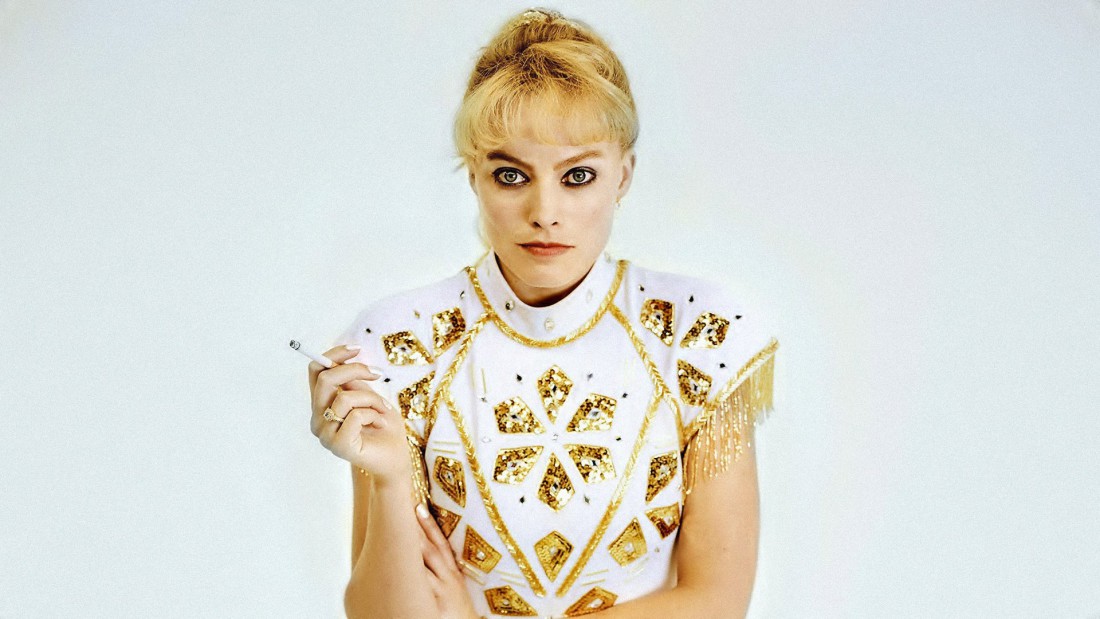
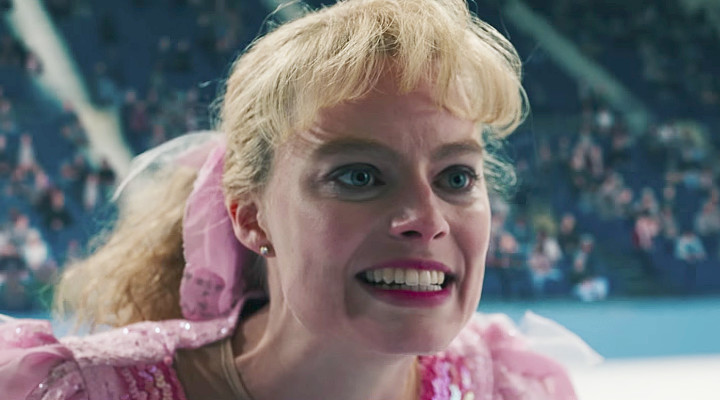
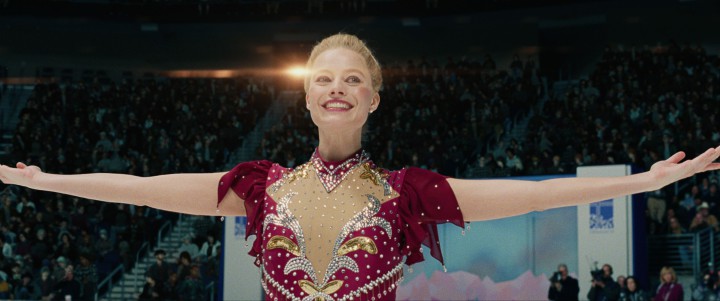

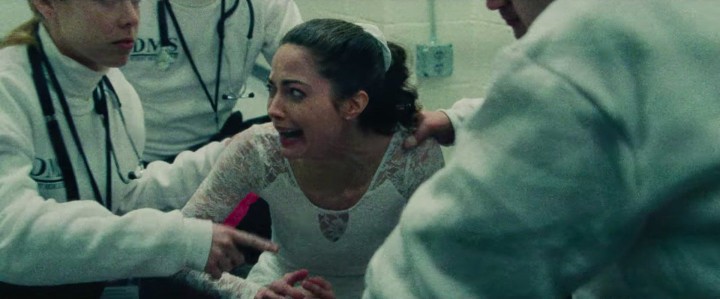
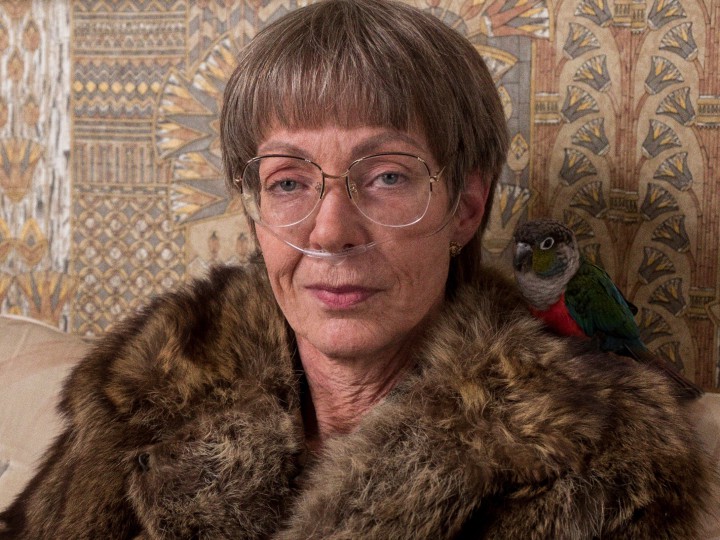
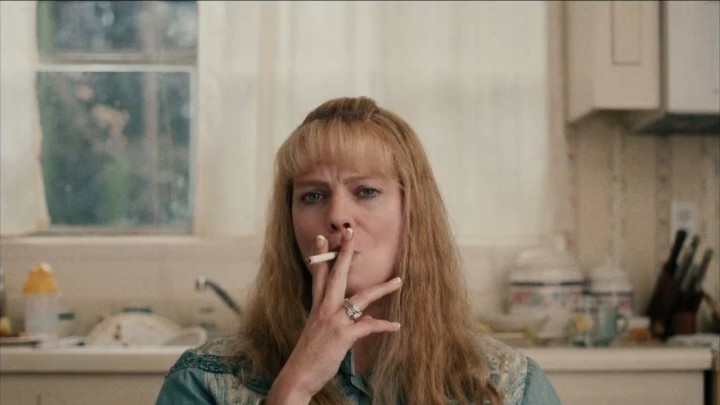

Highly enjoyable film but let’s face it, it was vicariously directed by Martin Scorsese.
The biggest complaints came from all the awful cgi faces during the skating scenes. They are very jarring.
Can they just show a skating double in a long shot?